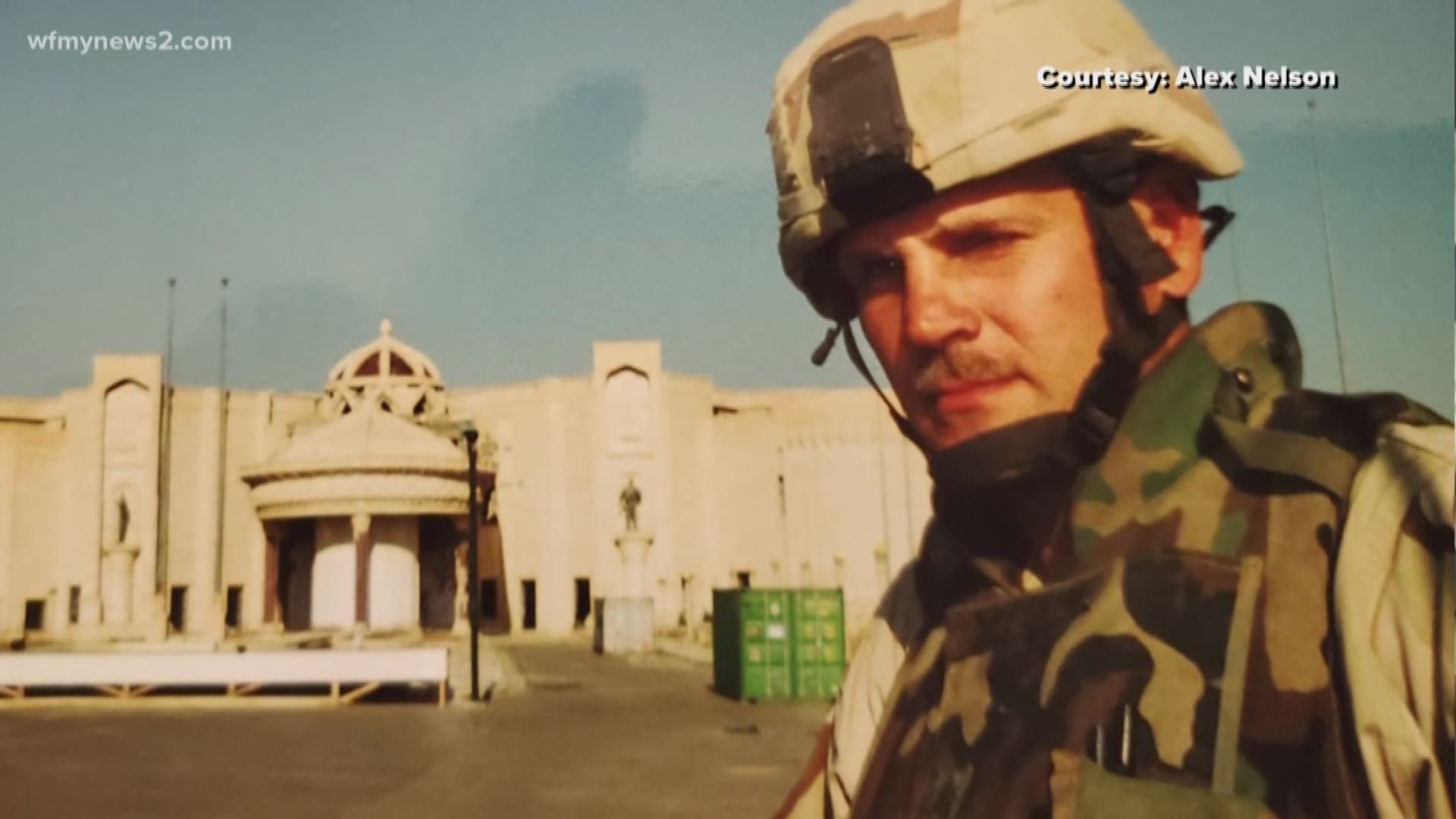The Pentagon has confirmed that more than a dozen ballistic missiles were launched from Iran targeting at least two airbases in Iraq where American troops are stationed.
No official information about possible casualties or injuries has been released, but a US official told the Associated Press that there are very few, if any, casualties from the Iranian attack.
Following reports of the attack, WFMY News 2 spoke with a Triad Middle East expert, Dr. Jerry Pubantz who is a professor at UNC-Greensboro. He says, our government's been expecting some sort of retaliation from the Iranians.
"The Revolutionary Guard put out a statement tonight taking credit for the attack on the two airbases," he said, "It is pretty clear that this is a kind of measured response in a sense. Both sides I think desperately want to avoid an all-out Middle Eastern war. But, there doesn't seem to be an exit ramp at this point."
Dr. Pubantz says it's hard to say what will happen next.
"The hope would be, that somehow, this would sort of set some limits between Iran and the United States, and move us toward some kind of negotiation, as opposed to a continuing escalation," he said.
Dr. Pubantz tells WFMY News 2 the attack on Soleimani opened up a whole new chapter in our country's confrontation with Iran.
Up until now, he says much of the conflict has been diplomatic or economic, as well as clandestine, but this changes the dynamic.
"We have reached a point where Iran now has retaliated, one might debate whether it was proportional or not. But they have retaliated militarily, and directly. So we have now a direct military confrontation for the first time," he said.


